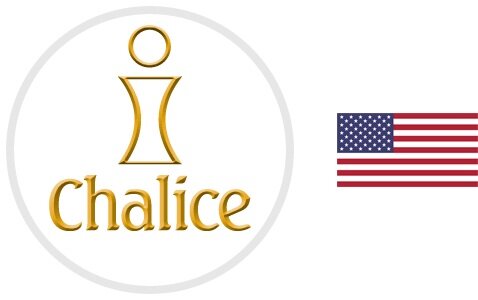Chalice Small Community Group Members Sheltered from India Cash Crisis
When You Sponsor a Child, You Help a Community
Kate Mosher, Creative Specialist with Chalice, spent time at Chalice’s India sponsor sites this summer, and wrote about one important way your support of people in need is making a difference.
Recently India’s prime minister made a historical decision that led to the demonetization of much of India’s cash. Done in the name of ending corruption, or “black money” in India, it had more negative effects than positive – at least in the short term. Many Indians, who did not have bank accounts, kept their life’s savings in cash stockpiles; they now had to get that converted into the new banknotes before their small bills became completely worthless.
But the banks would only do small transactions, 4000 rupees at a time, meaning people had to keep lining up at the bank, wasting working hours. Daily wage workers had difficulty collecting their pay as the new notes were scarce.
No one had liquid cash, so farmers couldn’t sell their goods. So, it spoiled and the harvest was wasted. To boot, in the Tamil Nadu region, one of the key crops is rice grown in paddies that stretch beyond the horizon. When there is enough rain, the farmers can produce three harvests per season, but they can only take a profit if it reaches that maximum.
Insufficient rains and two or fewer harvests means a loss and the farmers must rely on other crops such as cotton to make up the difference. This year there has been insufficient rain for rice. Many Indians have had to turn to money lenders to make ends meet.

Participants in Chalice Small Community Groups, aka circle groups, have found themselves somewhat sheltered from the worst of this storm. To participate in the program, they were already required to have bank accounts, so they were not relying on hidden cash in their homes to be their savings.
Chalice staff in India convened meetings with bank managers and explained the circle group members’ unique financial situation. As a result, many were able to make agreements that pre-empted any difficulties for the women in the circle groups to convert or access their hard-earned money.
According to the regional program manager for India, Janapur, he does not know of any circle group members approaching money lenders. The circle groups themselves can make loans to members, and Chalice staff are able to make accommodations and financing structures for any necessary payments, school fees, for example, for parents who lack liquid cash during this transitionary time.
— Kate Mosher, Creative Specialist & Photographer at Chalice
